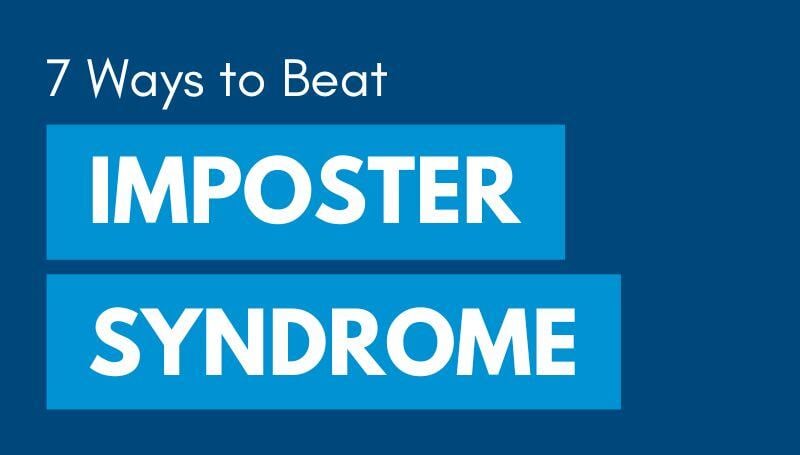
"Imposter syndrome" has become a bit of a buzz phrase. But it's real—especially among high achievers like physicians. So if you're struggling, know that you're not alone in feeling this way. Here's a little about what imposter syndrome is and how you can combat the feelings that accompany it. Remember: You got this.
Paul Catalana, MD, gets real about imposter syndrome at the MedStudy Pediatrics Review Course
What is imposter syndrome?
Part of beating imposter syndrome is understanding what it is. Ever feel like you're not good enough, not deserving, like you're just faking it, and people are going to discover your ineptitude any minute? Yeah, that's imposter syndrome.
You might have also heard this psychological experience referred to as fraud syndrome, imposter phenomenon, or imposter experience. And guess what? You're not the only physician wrestling with imposter syndrome—psychologists say it occurs regularly among high achievers, both male and female.
"Prevalence rates of impostor syndrome varied widely from 9 to 82% ... Impostor syndrome was common among both men and women and across a range of age groups (adolescents to late-stage professionals)." - Bravata, D. M., et al., Journal of General Internal Medicine
Imposter syndrome often causes feelings of anxiety and can negatively affect all aspects of life, such as school, work, and relationships. But you know what? Frauds don't experience imposter syndrome.
What triggers imposter syndrome?
Root causes for imposter syndrome include:
- Personality traits such as perfectionism, neuroticism, self-efficacy
- Outside influences such as competitive environments, societal pressures, lack of peer support
- Lived experiences such as family dynamics, childhood influences, differing from your peers by something like race, gender, or sexual orientation
So triggers for imposter syndrome can be things like winning an award, completing a difficult assignment, acing an exam, a single failure after multiple successes, starting a new job or school. Triggers often occur when you're starting something new, have achieved something significant, suffered a setback, or are being measured/evaluated.
Sound like you?
How do you beat imposter syndrome?
7 ways to beat imposter syndrome
Because imposter syndrome can become a cycle, it's important to nip it in the bud—there's no reason you should struggle with this forever! To do this, one of the key things to keep in mind is that imposter syndrome is not to be ignored—you've got to try to tame it, so to speak. These tactics should help you beat imposter syndrome and change your mindset about your own accomplishments:
- Learn to recognize and understand what triggers imposter syndrome for you
- Positive self-talk: Respond to failure in a healthy way, praise yourself for successes, recognize your expertise
- Feelings vs. facts: Remember that just because you have these feelings of inadequacy doesn't mean they're factually true
- Practice setting boundaries and realistic goals, keeping in mind that no one is perfect
- Stop comparing yourself to others—no one is perfect
- Avoid toxic competitions and relying too much on external validations
- Talk to a mentor, therapist, or even a loved one who can realign your feelings with reality
One of the most important things to remember: Frauds don't suffer from imposter syndrome! So your homework is to do something awesome and share it with us on social media. We can't wait to hear about it.


